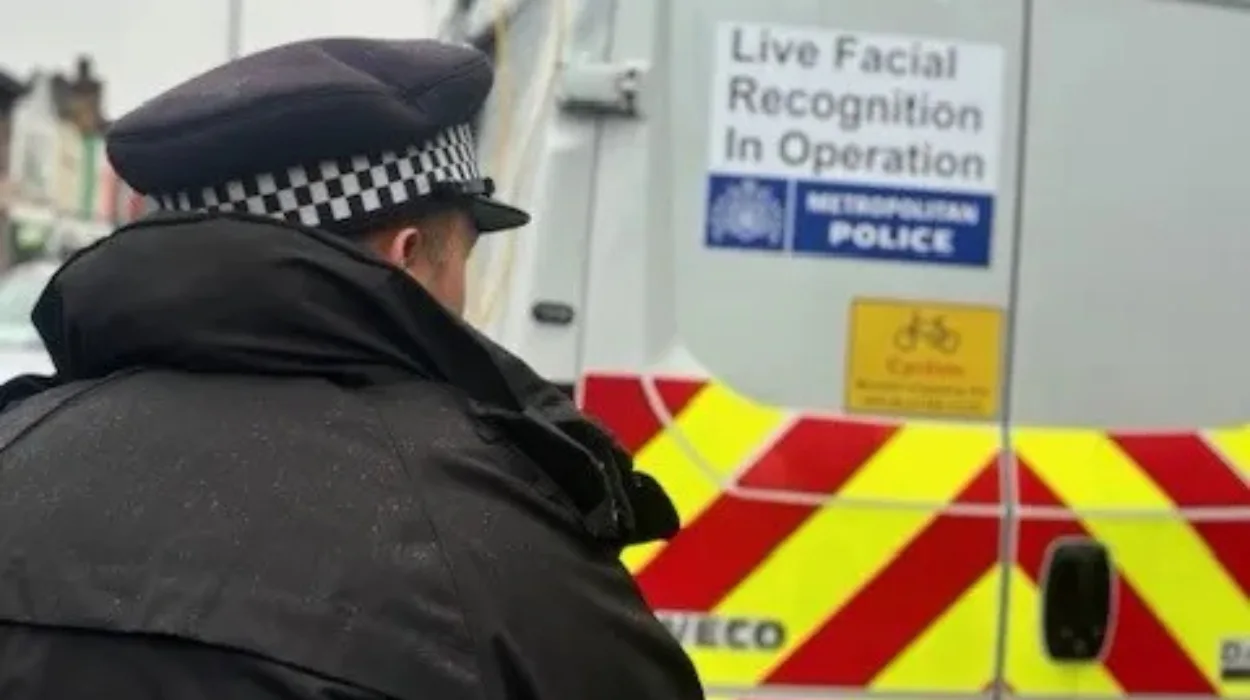Havering (Parliament Politics Magazine) – Havering officers conducted a Live Facial Recognition operation in Romford Town centre this week, leading to six arrests for burglary, and robbery.
This technology keeps Londoners secure and will be used to track down those who have pending arrest orders from the courts, as well as those who threaten or injure others.
Havering’s Safer neighbourhood Superintendent Simon Hutchison said:
“Our teams are working tirelessly to remove high harm offenders from our streets. With the help of modern technology, we are committed to deterring criminals from coming into the town and will have no hesitation in arresting individuals and putting them in front of the courts. We will continue to strive to make Havering a safer place to live, work and visit.”
What feedback have residents of Romford given about the use of facial recognition technology?
The public seems to approve the employment of LFR for law enforcement. According to a survey, 72% of respondents thought LFR should be used consistently in high-crime areas, and 82% thought it was acceptable for police to deploy.
Privacy considerations are weighed against public acceptance. Some people prefer that LFR be used carefully, that its usage be transparent, and that they have the option to object to the processing and storage of their facial photos.
High rates of misidentification have been observed in London facial recognition technology trials. A 96% rate of “false positives,” in which the program incorrectly classifies people as possible criminals, was reported in one study.
According to studies, women and members of minority ethnic groups may be disproportionately misidentified by the technology, increasing the possibility that they may be mistakenly detained and interrogated.
Concerns that innocent persons protesting the technology are being considered as possible suspects have been raised by instances of people being stopped for wearing hoods or hiding their faces in locations where facial recognition technology is in use.
Citing facial recognition as a privacy concern, civil rights organizations are opposing it.


